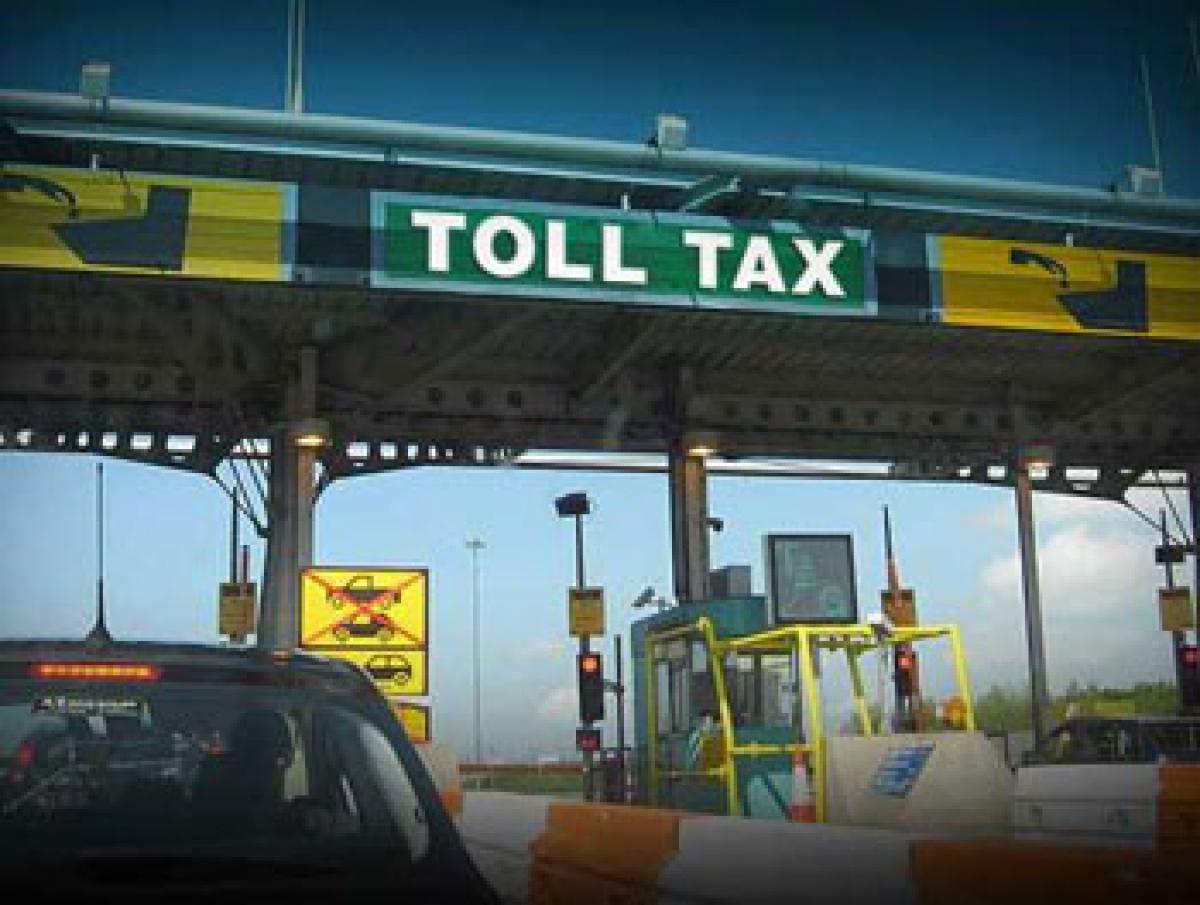Live
- Chanchalguda Jail Officials Say They Haven't Received Bail Papers Yet, Allu Arjun May Stay in Jail Tonight
- BJP leaders present evidence of illegal voters in Delhi, urge EC for swift action
- Exams will not be cancelled: BPSC chairman
- Nagesh Trophy: Karnataka, T.N win in Group A; Bihar, Rajasthan triumph in Group B
- YS Jagan condemns the arrest of Allu Arjun
- Economic and digital corridors to maritime connectivity, India and Italy building vision for future, says Italian Ambassador
- SMAT 2024: Patidar's heroics guide Madhya Pradesh to final after 13 years
- CCPA issues notices to 17 entities for violating direct selling rules
- Mamata expresses satisfaction over speedy conviction in minor girl rape-murder case
- Transparent Survey Process for Indiramma Housing Scheme Directed by District Collector
Just In

The Kelkar Committee has now submitted its report on the revival of PPP (public private partnership) model for infrastructure projects. The contents of the report are not made public. The government has to carefully peruse the report and take a call regarding the implementation of the recommendations of the committee.
 Due to overestimation of toll collections resulting in aggressive bidding by the developers, project delays, escalating interest and project costs etc have made the PPP projects unviable
Due to overestimation of toll collections resulting in aggressive bidding by the developers, project delays, escalating interest and project costs etc have made the PPP projects unviable
The Kelkar Committee has now submitted its report on the revival of PPP (public private partnership) model for infrastructure projects. The contents of the report are not made public. The government has to carefully peruse the report and take a call regarding the implementation of the recommendations of the committee.
The terms of reference (ToR) of the committee include measures to improve capacity building in government for effective implementation of the PPP projects, review of the experience of PPP policy, analysis of risks involved in such projects in different sectors and existing framework of sharing of such risks between project developer and the government.
Most of the road projects awarded by National Highways Authority of India (NHAI) during the UPA regime were on Design, Build, Finance, Operate and Transfer (DBFOT) mode through the PPP route. Under such a model, the developer builds and finances the project, operates & collects the toll charges for the specified concession period and later transfers the project free of cost to the government at the end of concession period. Hence here, all the project execution risks, and investment risks are with the developer. NHAI and the government’s role is that of an enabler.
Due to overestimation of toll collections resulting in aggressive bidding by the developers, project delays, escalating interest and project costs etc have made the PPP projects unviable. At present, there are about Rs 7 lakh crore PPP infratructure projects at various stages of implementation, out of which many projects are simply stuck up. In a big push for infra development, the Centre plans to award road projects worth Rs 3 lakh crore during this year as it looks to more than double highway construction to 30 km per day.
The government has recently approved of the extension of concession period for all current projects in BOT/DBFOT (Toll) mode that are languishing/delayed during the construction period due to causes not attributable to the concessionaire/developer. Though this will compensate the developers for project delays not attributable to them, this measure alone cannot revive the PPP projects.
Going forward, the PPP infrastructure projects can be revived, if the following aspects are taken care of:
The developers need to sell off their operational road projects where toll or annuity collections have started. This will deleverage their balance sheets;
NHAI should discourage the unhealthy trend of aggressive bidding, by restricting the number of bidders eligible to quote depending on the size of project;
The developers (infrastructure companies) need to generate positive cash flows in their operations, instead of profits being locked up in ever ballooning debt. Then only, they will be capable of easily accessing the private equity (PE) investors or capital markets for raising the fresh capital required for the new projects;
Many banks have reached sectorial caps for infrastructure financing. Such lenders need to re-finance some of their project funding through IIFCL or securitise the cash flows in the operational projects.
Major hurdles in project execution like land acquisition, removal of hindrances and forest & environmental clearances need to be attended to expeditiously by the agencies concerned, so that the project cost does not escalate due to such time delays.
Price escalation clauses need to be incorporated in the bids to take care of input cost increases.
Finally, road projects which are not financially viable on toll collection basis, needs to be awarded either on Annuity basis or EPC basis by NHAI.
BY:V Venkateswara Rao
(The author has worked as CFO in infrastructure companies.He may be reached at [email protected])

© 2024 Hyderabad Media House Limited/The Hans India. All rights reserved. Powered by hocalwire.com







